Google announced major updates to Search, Maps and Waze focused on user safety.

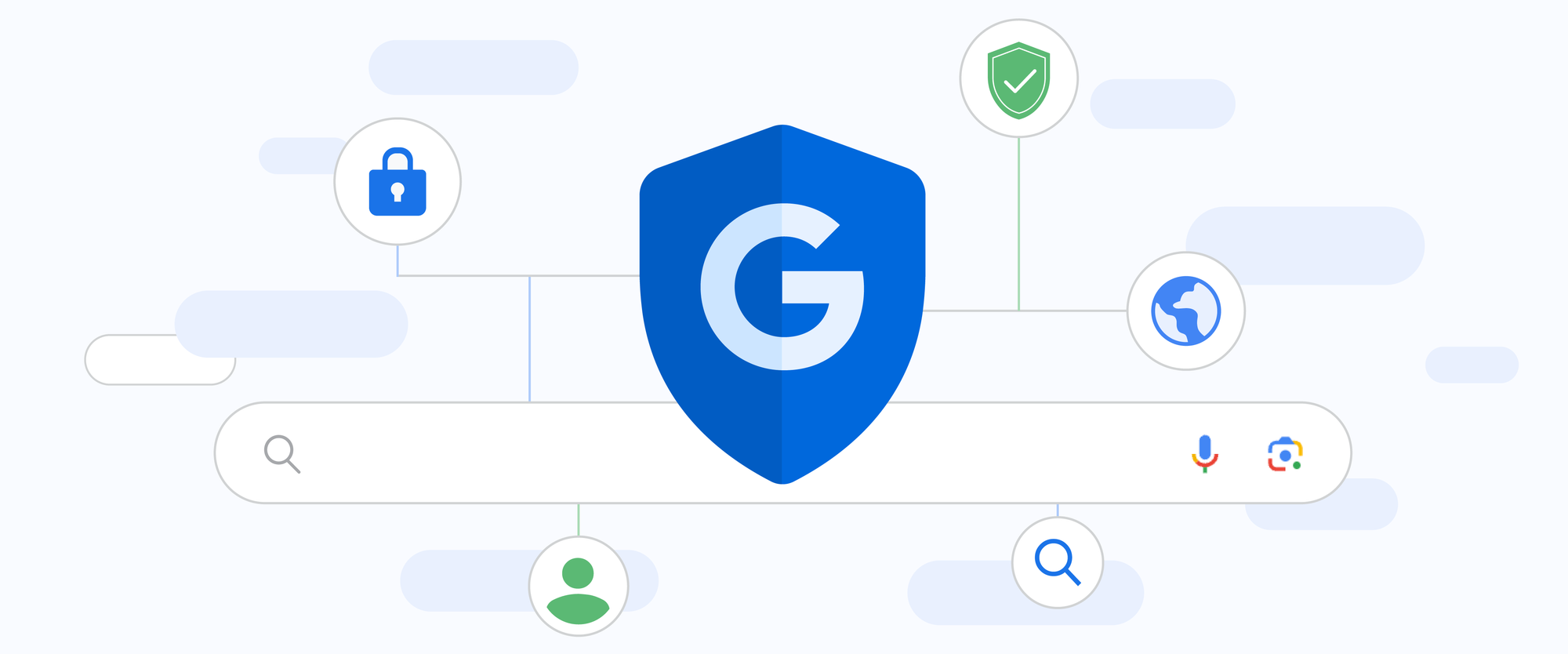
In a series of announcements today, Google has revealed significant updates to its Maps, Waze, and Search products, focusing on enhancing user safety, improving navigation, and addressing the growing concern of explicit fake content online.
Google Maps is introducing new features to make reporting road incidents easier and more efficient. Larger, more accessible reporting icons will allow drivers to quickly share updates about construction, lane closures, objects on the road, and police presence. These reports, sourced from both Maps and Waze communities, can be confirmed by other drivers with a single tap, creating a more accurate and up-to-date picture of road conditions.
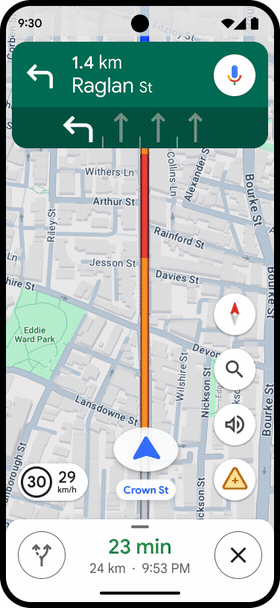
A new destination guidance feature in Maps will automatically highlight buildings and their entrances as drivers approach, along with nearby parking options. This feature aims to reduce confusion when navigating to unfamiliar locations, especially in low-light conditions.
Waze users will benefit from new camera alerts, warning drivers about various types of traffic cameras, including those monitoring speed limits, red lights, and carpool lanes. This feature serves as a reminder of local traffic rules, allowing drivers to make necessary adjustments.
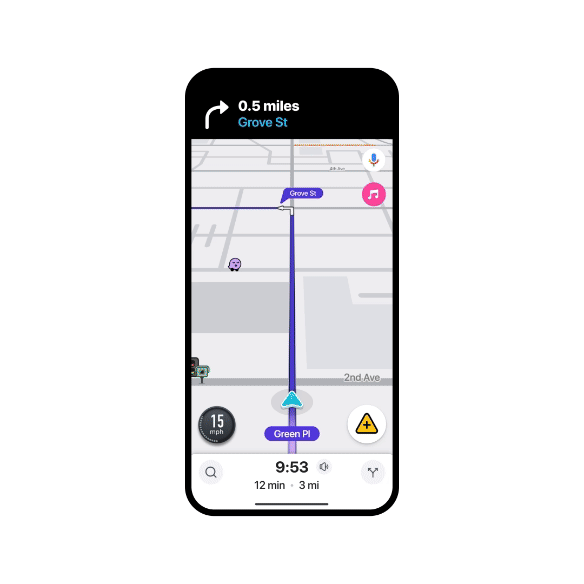
Waze is also introducing a traffic events feature, providing real-time information about congestion caused by parades, concerts, or sporting events. Users can easily share these details with friends and family to help them prepare for potential delays.
For added convenience, Waze will now offer navigation guidance even when a user's phone screen is locked, a feature rolling out globally on Android this month and coming to iOS in the fall.
In response to the growing concern over explicit fake content, particularly non-consensual deepfakes, Google has announced significant updates to its Search functionality. The company has streamlined its removal process for explicit non-consensual fake imagery, making it easier for individuals to request content removal from Search results.
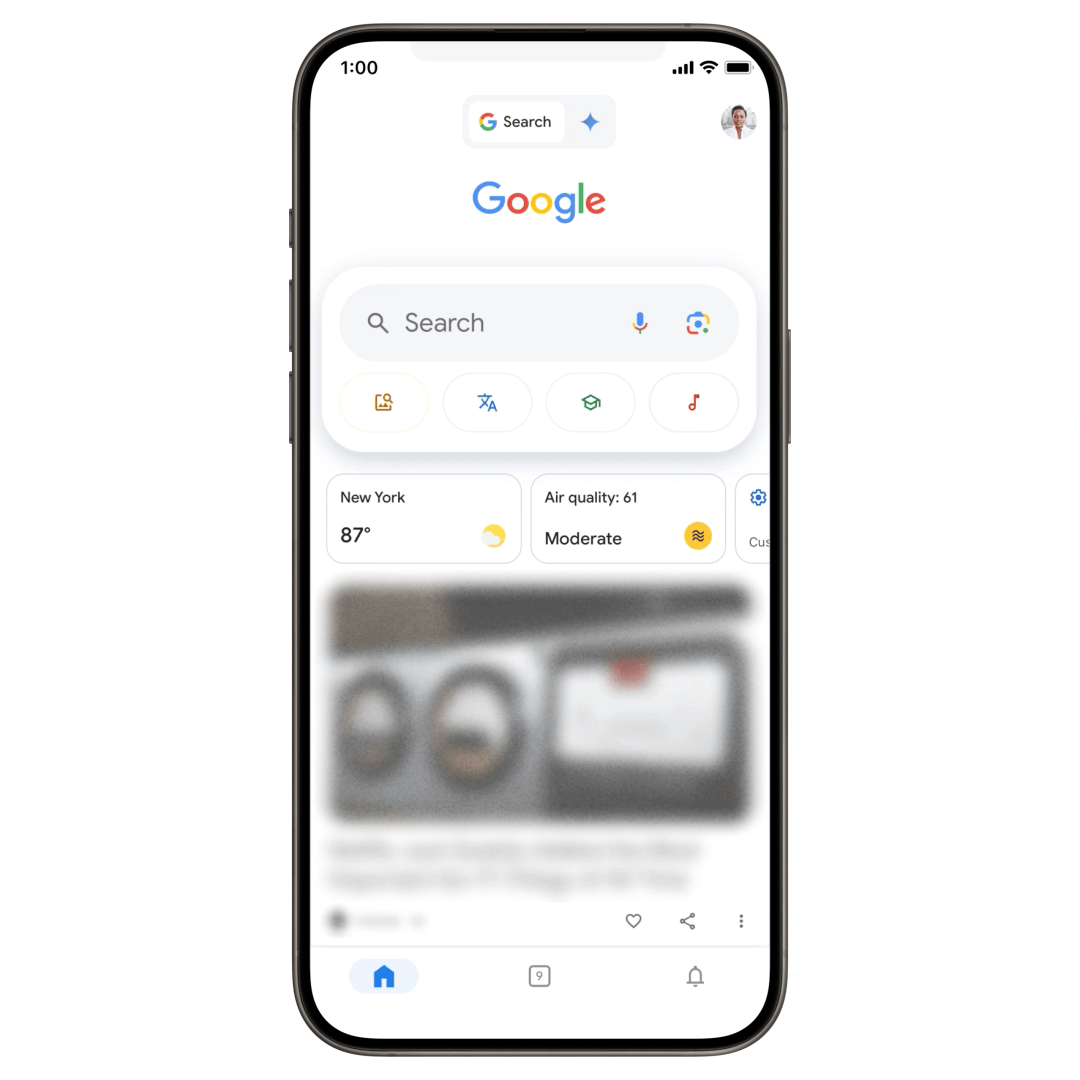
When a removal request is successful, Google's systems will now automatically filter similar explicit results for searches related to that person. Additionally, the system will scan for and remove any duplicates of the removed image.
Google is also updating its ranking systems to lower the visibility of explicit fake content in search results. For queries specifically seeking this type of content, the system will prioritize high-quality, non-explicit information, such as relevant news articles. These updates have already reduced exposure to explicit image results by over 70% for certain types of queries.
The company is also working to better differentiate between real, consensual explicit content and fake, non-consensual content, although this remains a technical challenge.
Google is expanding its "About this image" tool to Circle to Search and Google Lens, providing users with more ways to get context about images they encounter online or receive from friends. This tool helps users understand an image's origins, how it's been used across the web, and whether it may have been generated or enhanced by AI.
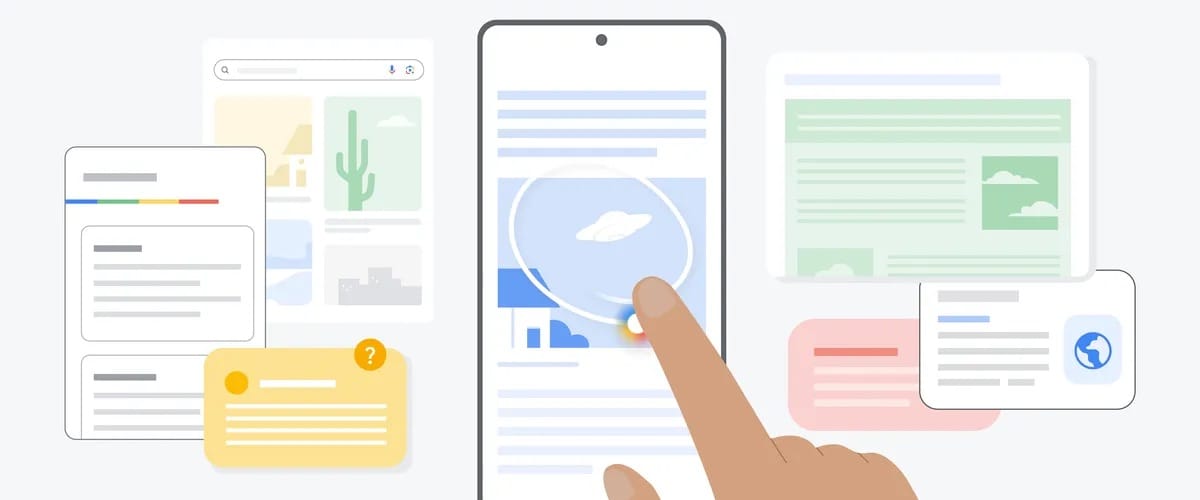
The "About this image" feature is now available in 40 languages globally and can identify if an image was generated using AI, provided it contains Google DeepMind's SynthID watermark.
These updates reflect Google's ongoing commitment to user safety, information accuracy, and combating the spread of misleading or harmful content online. As technology continues to evolve, Google emphasizes the importance of providing users with tools to navigate the digital landscape more safely and confidently.